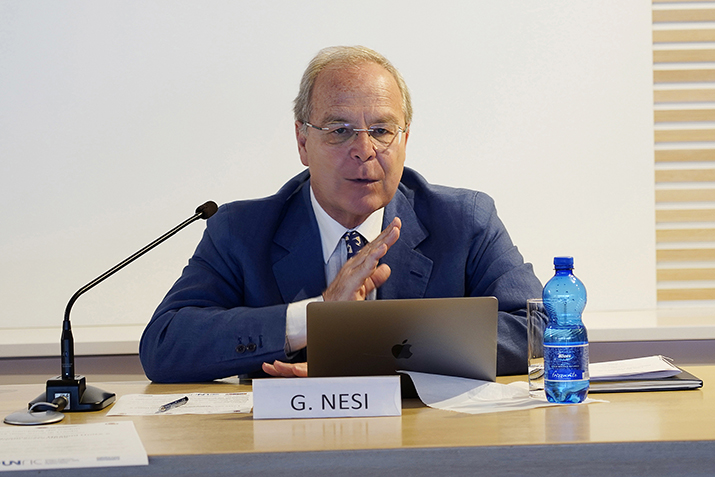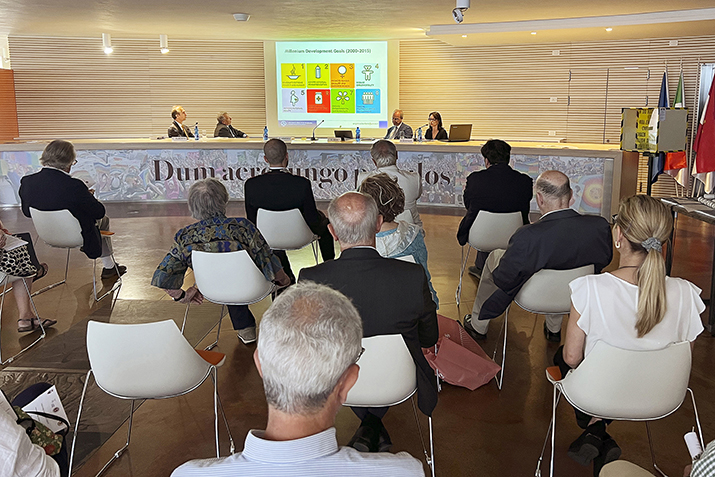GIUSEPPE NESI
Conflicts almost always arise from inequalities, whether it be in relations between individuals, groups or states. It is no coincidence that in the UN Charter and in many present-day constitutions, the principle of equality is placed at the basis of coexistence between states and individuals. Sometimes we take it for granted that equality is a given, as is the case regarding the sovereign equality of states according to the Charter signed in San Francisco or as decreed in Article 3 of the Italian Constitution. More often than not however, it is a goal to be achieved.
It has been accepted and recognized that for far too long there has been a small group of states that has not considered the need to combat inequality. Indeed, the behaviour of these states has often been decisive in giving rise to deplorable phenomena such as colonization which is now universally condemned. Observing reality, however, one gets the impression that in some parts of the world the process of colonization and exploitation of the natural resources of entire populations and neighbouring territories, in other forms and in ways different from the past, is causing new inequalities. In the same way, clusters of inequality between individuals and groups are widening within states, with often serious consequences and with the multiplication of conflicts and situations of serious tension within a population.
It is in this light that we must examine what has happened within the United Nations, particularly in the last twenty years, where the fight against inequality goes hand in hand with the concept of sustainable development.
If it was once believed that treaties were the only instruments suitable for fostering multilateral cooperation, for several years now the United Nations has been promoting negotiations on documents which, are not binding but rather indicate behaviours, principles and values that should be shared within the entire membership. Among these is undoubtedly the fight against inequality and sustainable development. These are also the issues addressed by the Millennium Development Goals and the Sustainable Development Goals of the United Nations.
What better place to organize a meeting on these issues than the <em>Campana dei Caduti</em> (Rovereto Peace Bell Foundation) - a symbolic setting for the promotion of the ideals of peace and peaceful coexistence? Two experts spoke at the meeting, Professor Angelica Bonfanti, of Milan University and Minister Gianluca Alberini, of the Ministry of Foreign Affairs and International Cooperation, both contributing different perspectives and approaches in relation to the topics on the agenda.









